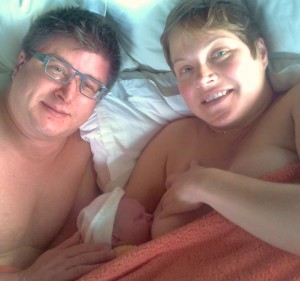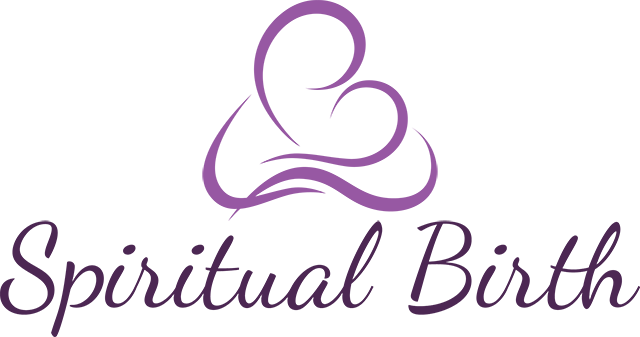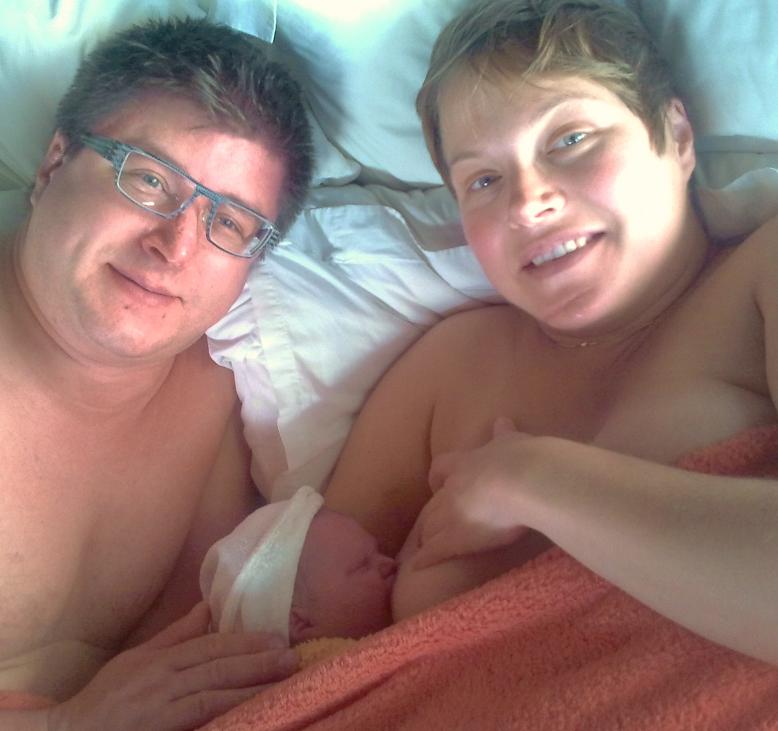When a woman needs medical intervention for life saving reasons then of course hospitals are better places to be. A woman needs to be fit, healthy and must wish to have a homebirth from a core place inside herself. It must FEEL right in her body and soul. The requirements for a natural birth are simple: privacy, calm, trusted caregivers, water, love, respect and patience. Katia and Denis

For a healthy pregnant woman, homebirth is safe when medical backup is arranged prior to the birth, when it is attended by a trained midwife and and it is what the mother desires without reserve.
Katia trusted her body implicitly and was confident that she would follow innate instincts and biological patterns. She was fit and healthy, exercised throughout her pregnancy and followed an organic and whole food diet. Katia and Denis attended a natural birth workshop to prepare for the birth. Katia knew that by giving birth at home, she would not be rushed to perform according to a medical schedule, but would be free to follow the dictates and needs of her body. Katia knew that by staying out of the hospital she would avoid unnecessary interventions and would not be pressed to accept drugs for pain relief when she felt vulnerable. She could move around without interference and have her partner with her at all times.
Denis felt secure that hospital back-up had been arranged if transfer became necessary and that the midwives had brought their equipment with them which included:
An ultrasonic fetal heart monitor
A blood pressure monitor
A surgical delivery pack
An oxygen cylinder with masks for mother and/or baby
A suction unit to clear the baby’s airways
Drugs to manage uterine bleeding if necessary
Intravenous infusion equipment
A urinary catheter kit
sterile cord clamps
Neonatal resuscitation kit
Sterile needles, syringes, swabs

Katia expressed it so beautifully, she said: “Denis is ecstatic about the birth, but for me, it was just like breathing”

